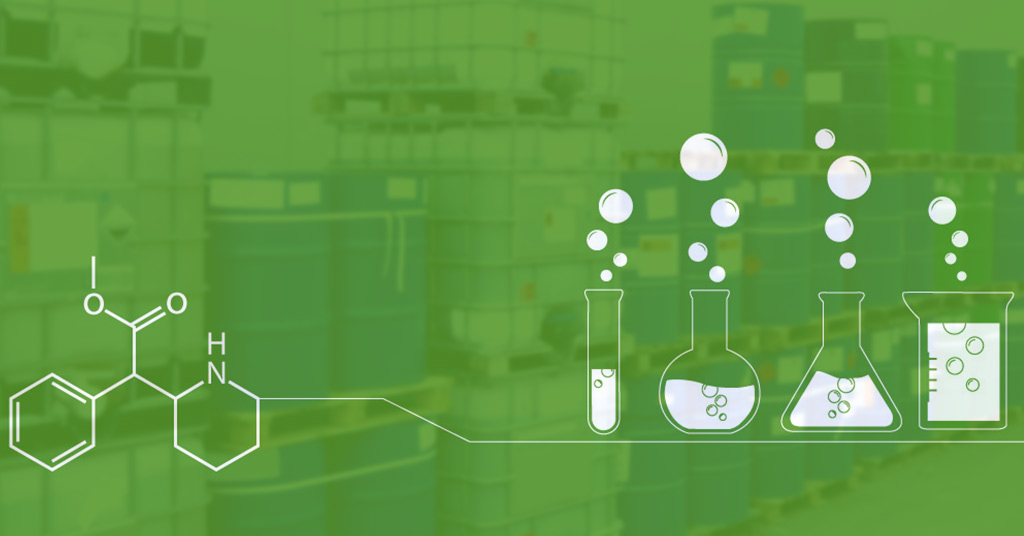Welcome To ChemAnalyst

Raizen, the world's largest producer of sugarcane ethanol, has joined forces with Wartsila, a prominent provider of maritime transportation propulsion solutions, to embark on a collaborative research program. Their shared objective is to explore ethanol as a viable and sustainable fuel source for vessels. Wartsila, a Finnish company, is already recognized for its expertise in producing dual-fuel engines for ships, enabling them to run on both gasoil and methanol. In this partnership with Brazil's Raizen, the focus is on evaluating ethanol as an alternative fuel for these versatile engines.
The maritime transportation sector is under increasing pressure to address its substantial carbon dioxide emissions. It has set ambitious targets to reduce carbon emissions by 40% by 2030 and a more substantial 70% by 2050. Currently, only a handful of vessels are equipped with engines capable of running on fuels other than conventional oil-based ones.
Stefan Nysjo, Vice President for Power Supplies at Wartsila, has highlighted the similarities between methanol and ethanol. The collaboration with Raizen provides a unique opportunity to expand knowledge about potential low-carbon fuels suitable for the maritime industry. Raizen, in turn, has committed to providing first- and second-generation ethanol for this comprehensive research program. They have also allocated a dedicated team to collaborate closely with Wartsila's researchers in pursuit of this groundbreaking endeavor.
Raizen, optimistic about the potential of its ethanol, believes that it could reduce carbon emissions by up to 80%. It's important to note that ongoing global research is continually exploring ethanol's role in reducing emissions, and this partnership signifies a significant step forward in understanding its practical application.
First-generation ethanol is typically produced from sources such as sugarcane or cereals like corn or wheat. In contrast, second-generation (2G) ethanol is derived from plant waste and possesses the unique quality of potentially having a carbon-negative impact. Raizen has recently celebrated the commencement of production at its second 2G ethanol plant in Brazil, a significant investment totaling $238 million. Paulo Neves, Raizen's Vice President of Trading, revealed the company's ambitious plans to complete two more 2G ethanol plants by 2024, with an additional two scheduled for completion in 2025. He also underscored the competitive nature of Raizen as an ethanol supplier by highlighting their extensive reach, currently serving more than 40 countries.
The collaborative effort between Raizen and Wartsila represents a significant stride towards exploring the potential of ethanol as a low-carbon alternative for the maritime transportation industry. The shared pursuit of reducing emissions is a collective global goal across various industries. By pooling their resources and expertise, these two companies aim to contribute to a more sustainable future for naval transportation, promoting cleaner and greener practices within the sector.
We use cookies to deliver the best possible experience on our website. To learn more, visit our Privacy Policy. By continuing to use this site or by closing this box, you consent to our use of cookies. More info.
